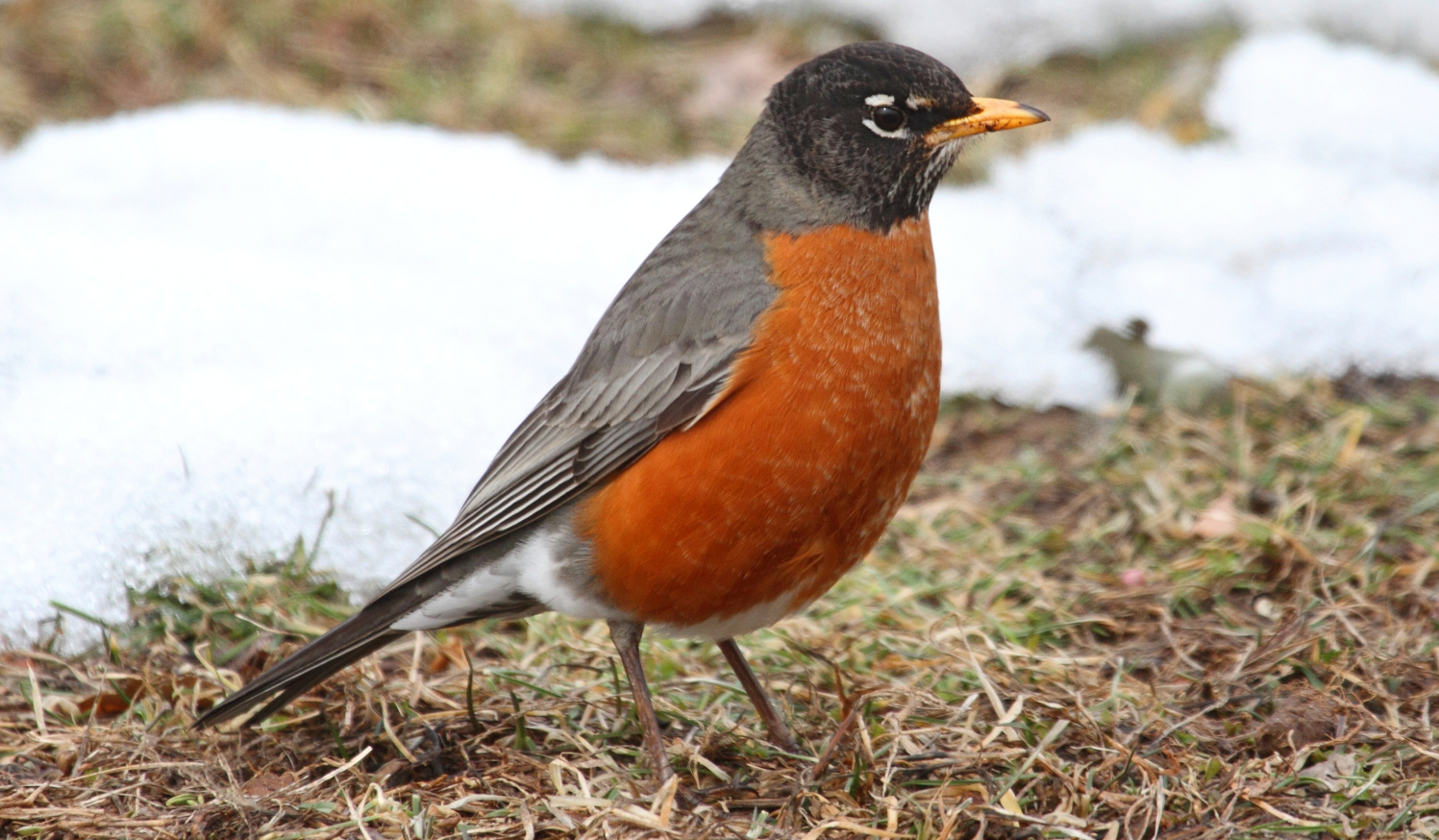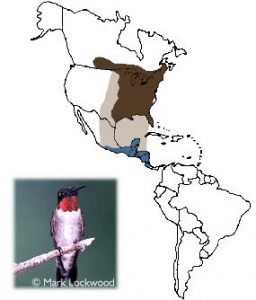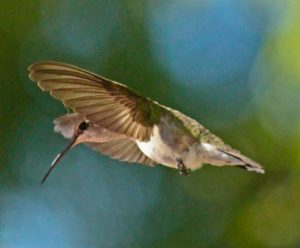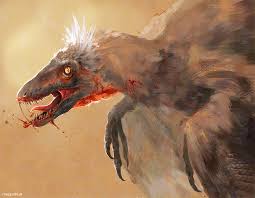
Flying. What an amazing thing. Weighed against all the achievements of mammals, even philosophy, art, literature, engineering, Colin Tudge believes that flight, standing alone, makes birds “superior creatures”. The Bird: A Natural History of Who Birds Are, Where They Came From, and How They Live 2009. Birds pay a heavy price though for the gift of flight, they must remain relatively small, never achieving the grand size of say, elephants. Humans, naturally, believe them to be less intelligent since, brain size and body size have a rough correlation.
The intelligent-looking, bright-eyed creature above, a Robin, flies 100 to 200 miles a day during migration. Some travel thousands of miles, from as far north as Vancouver to as far south as Guatemala using navigation skills we can only dream of and with a kind of courage and purpose we we admire in our best stories. When the ground freezes in the North, they strip the bushes and trees of fruit and head south. Robins can read the weather and they like to fly ahead of warm fronts and arrive just before the rain, ready for their favorite food, earthworms, to come to the surface. The backyard of several friends has been a stopover for flocks of 50 or more Robins during these past weeks. Robin migrations are flexible: they follow the food. Robins breed, eat, drink and, when the ground gets hot in the south and the earthworms go deep, they move on.https://www.learner.org/jnorth/tm/robin/facts_migration.html

Now it’s time to get out the hummingbird feeders. The Hummingbirds arrive next week, in a dozen varieties. They, too, travel thousands of miles. The drawing to the left depicts the migratory route of the Ruby-throated Hummingbird that flies 26 hours nonstop across the Gulf of Mexico. The beautiful Black-chinned Hummingbird typically makes it home with me all summer.

To travel so successfully, birds use visual landmarks: mountains and rivers, they use changes in air temperature and humidity; they have an inborn compass sense and can relate a release point to home whenever necessary.
All of which brings me back to the issue of superiority. We can only imagine a debate between humans and birds. Naturally the human debate team would point out the highways, bridges and other engineering marvels. The bird debate team would simply say, “but we can fly.” The humans point out our ships, trains, aircraft and cars…but the birds respond that they can, well, fly… so have no need. “We can blow up the world,” the humans say, “why would we?” say the birds. The birds concede that humans have writing but regarding music, make no concessions. “The everyday Cardinal in the Plantswoman’s garden sings beautifully and is not even considered a songbird,” say the birds. Our civilizations have been rich with beauty and glory say the humans. But, say the birds, your civilizations only last a few thousand years; our ancestors dominated the world for 65 million years. They were dinosaurs.
